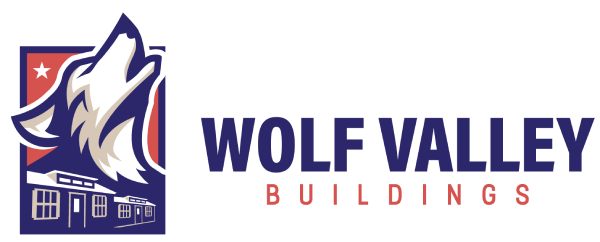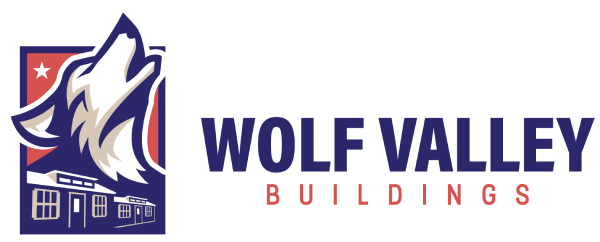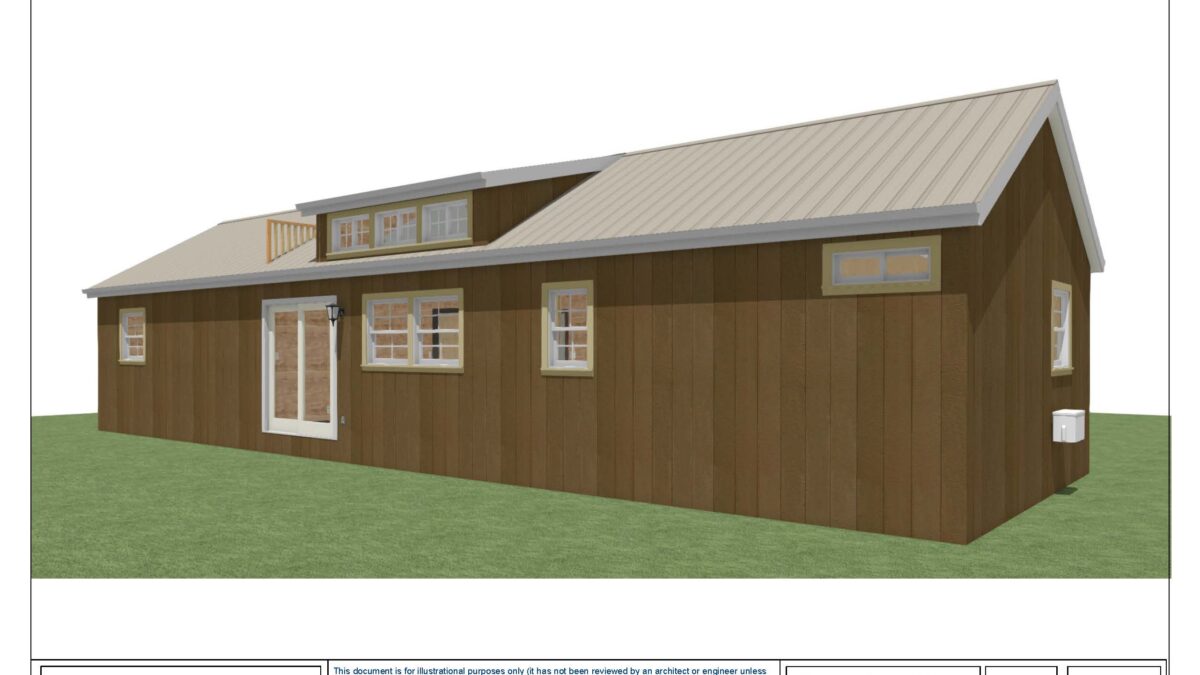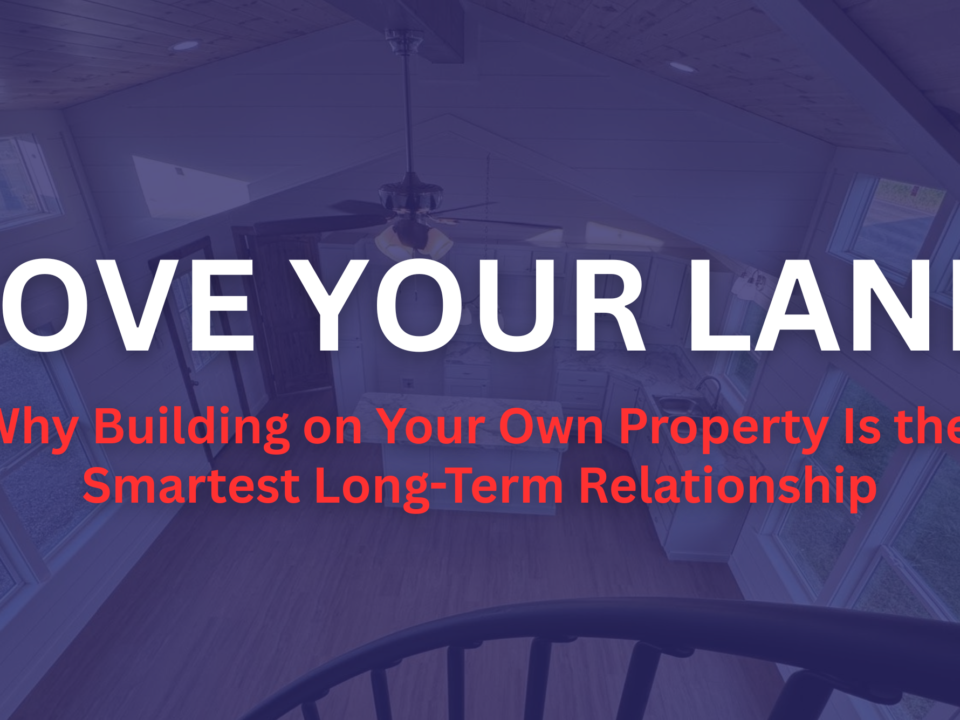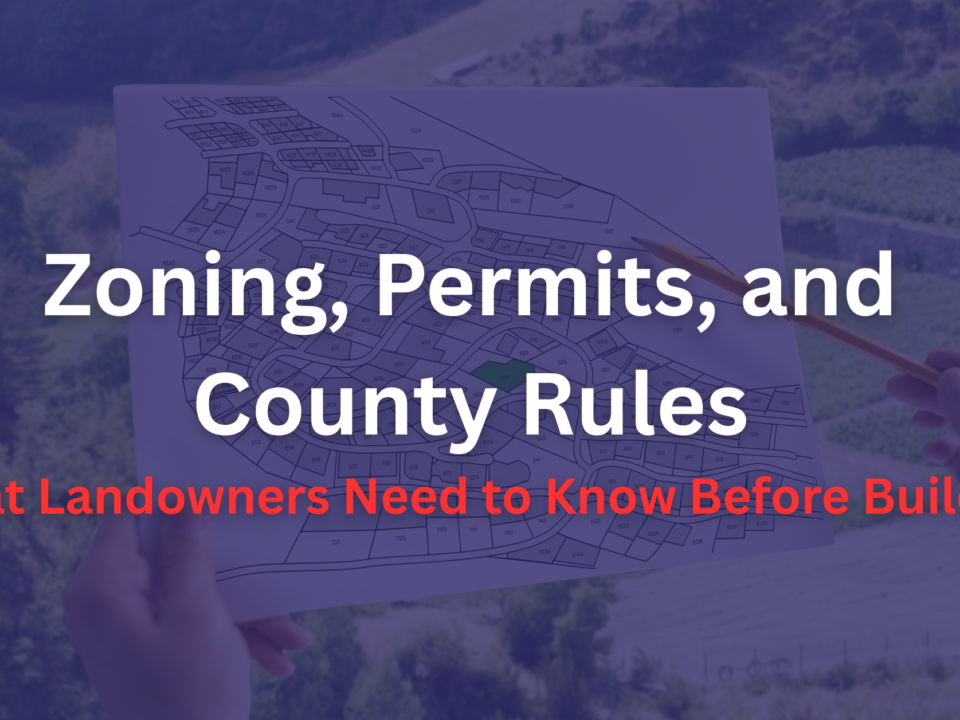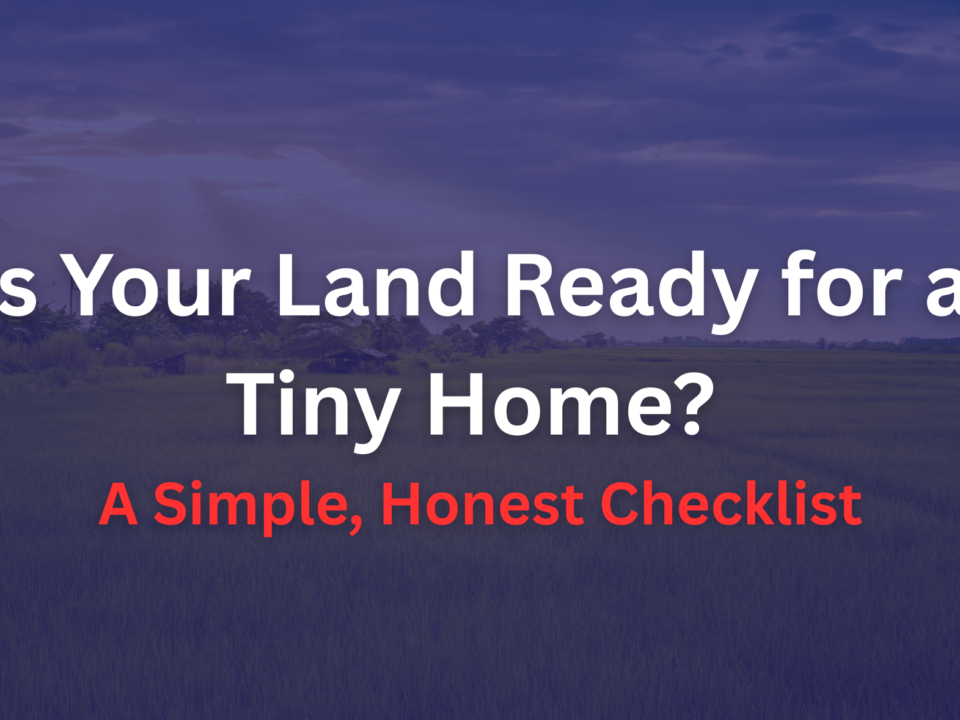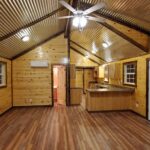
Tiny Homes for Aging Parents: A Smart Solution
June 14, 2025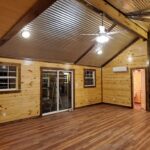
Tiny Home Myths: Separating Facts from Fiction
June 16, 2025Are Tiny Homes Legal in My Area? Understanding Zoning and Codes 🏡
As more people explore the freedom and affordability of tiny home living, one critical question always arises: Are tiny homes legal in my area? The answer depends on zoning, building codes, and local regulations—many of which vary greatly from one town or county to another.
At Wolf Valley Buildings, we work with customers every day who want to build tiny homes but feel overwhelmed by the legal side. Let’s break it down so you can move forward with confidence.
Why Zoning Matters for Tiny Homes
Zoning laws determine what types of structures can be built on a property. These rules often regulate:
Minimum home size requirements.
Where homes can be placed on a property.
Whether tiny homes can serve as full-time residences.
How many dwellings can exist on a single lot.
Foundation type and utility hook-up requirements.
Many zoning rules were written before tiny homes became popular, which means they don’t always accommodate smaller structures easily.
👉 (Related: What Sets Wolf Valley Sheds Apart).
Building Codes vs Zoning: Know the Difference
Zoning answers “where” you can build. Building codes answer “how” you must build.
Tiny homes must meet:
Structural safety standards.
Electrical, plumbing, and HVAC codes.
Energy efficiency requirements.
Fire safety codes.
Wolf Valley Buildings ensures all tiny homes meet or exceed building codes for safety and long-term durability.
👉 (Related: Why a Quality Shed Is Worth the Investment).
Are Tiny Homes Allowed in My City or County?
The answer depends on your location:
Some counties fully allow tiny homes as primary residences.
Others only allow them as accessory dwelling units (ADUs).
Some limit where portable or foundation-based tiny homes may be placed.
Many HOAs have additional restrictions on size, style, and placement.
Before you build, always check with your:
County zoning office.
City building department.
HOA or neighborhood association.
👉 (Related: Do You Need a Permit for Your Backyard Shed?).
Foundation Requirements
In many places, whether a tiny home is built on a permanent foundation or remains movable can affect zoning approval.
Permanent foundation homes are often treated like standard homes.
Movable tiny homes may fall under RV or mobile home codes.
Skid-based tiny homes offer flexibility but may face zoning hurdles.
Wolf Valley Buildings offers both permanent and skid-based foundation options depending on your property and local regulations.
Utility Hook-Ups and Tiny Homes
Many zoning departments also require:
Septic or sewer system access.
Water supply connections.
Electrical permits.
Road access for emergency services.
Wolf Valley Buildings helps you plan utility access as part of your site preparation.
👉 (Related: How to Set Up Utilities in Your Wolf Valley Tiny Home).
The Bottom Line: Do Your Research First
Zoning is often the single biggest hurdle for new tiny homeowners. The good news is: many cities are becoming more tiny home friendly as housing demand grows.
Working with an experienced builder like Wolf Valley Buildings helps you navigate these rules early—saving you headaches, delays, or expensive surprises later.
Build Your Tiny Home the Right Way
If you’re unsure about tiny home zoning in your area, Wolf Valley Buildings is here to guide you. From design to delivery, we help you create a beautiful, code-compliant tiny home that’s legal, safe, and fully functional.
👉 Contact Wolf Valley Buildings today to start your tiny home journey with confidence.
Internal Links:
What Sets Wolf Valley Sheds Apart
Why a Quality Shed Is Worth the Investment
How to Set Up Utilities in Your Wolf Valley Tiny Home
Website Page Linked:
